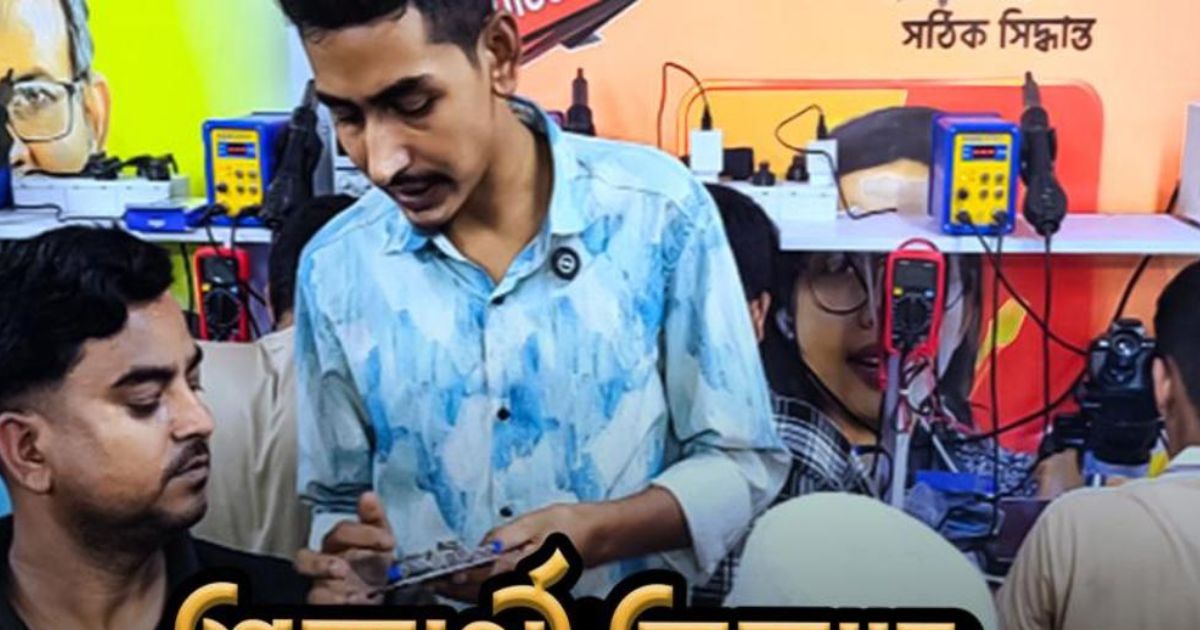1. What Defines a Top iOS App Development Company in India
Over my decade in mobile app development, I’ve seen many firms calling themselves “the best,” but very few meeting the full bar. A truly strong iOS app development company in India does more than just write Swift or Objective‑C. It offers end-to-end service: ideation, design, development, testing, deployment, and ongoing maintenance. It builds apps that users love, that are stable, secure, easy to update, and that perform well over time.
Key differentiators include:
- Deep familiarity with iOS frameworks, App Store guidelines, device fragmentation (phones & tablets), and Apple’s design standards
- Strong UI/UX sensibility: the look & feel matter hugely for iOS users
- Solid testing & quality assurance (QA) processes
- Good communication, transparency, and project management
- Post‑launch support and updates
2. Essential Qualities to Look for
If you’re vetting companies, these are the qualities that separate excellent from average:
| Quality | Why It Matters |
| Native iOS expertise (Swift, UIKit, SwiftUI, etc.) | Native apps tend to provide better performance, smoother UX, access to all OS features. |
| UI/UX Design skills tuned to iOS | Users of Apple devices expect polish: transitions, typography, consistency, clarity. |
| Experience with App Store submission & compliance | Avoid delays or rejection because of overlooked guidelines. |
| Strong backend integration & APIs | Many apps aren’t just front‑end; data, security, performance matter. |
| Testing across devices | Different screen sizes, iOS versions, etc., require thorough QA. |
| Agile or iterative development process | Allows you to adjust scope, respond to feedback, reduce risk. |
| Transparent pricing & timelines | Helps avoid surprises, budget overruns. |
| Maintenance and update support | Apple updates iOS often; app must stay compatible. |
3. The Development Process at Cognitiaa
At Cognitiaa (cognitiaa.com), we follow a refined, client‑friendly process refined over our 10+ years in software and mobile development. Here’s how we work so you get reliable results:
- Requirement Gathering & Discovery
We start by understanding your idea: who your users will be, what features matter, what your business goals are, any regulatory or security concerns. We often wireframe or prototype early so you see drafts of the flow, screen layout, look & feel. - Design & UX/UI
Our designers craft UI & UX tailored for iOS: clean, intuitive, with attention to Apple’s Human Interface Guidelines. We iterate based on your feedback until the visual design feels right. - Development
Native iOS development using Swift (and SwiftUI/UIKit as appropriate). Our dev team ensures the code is modular, maintainable, documented. We integrate any necessary backend, third‑party APIs, or native device features. - Quality Assurance & Testing
We test on multiple iPhone and iPad models and different iOS versions. We focus on functionality, usability, performance, edge cases. Crashes, memory usage, battery usage—all are checked. - App Store Submission
We prepare required assets, handle certificates and provisioning, follow the App Store guidelines. We submit and monitor, respond to any review issues promptly. - Support & Maintenance
After launch, we monitor metrics, fix bugs, roll out updates (for OS changes, feature expansions, security patches). We stay in touch so your app evolves well.
4. Services You Should Expect from a Leading iOS App Development Company in India
If you engage a capable iOS app development company in India, these are services you should get (or at least have them offer):
- Custom iOS app development (for iPhone & iPad)
- UI/UX design (native iOS style)
- App prototyping & wireframing
- Integration with backends, APIs, cloud services
- Security, compliance, data handling
- Performance optimization + offline capability if needed
- Extensive QA & test automation
- App Store submission and review handling
- Maintenance, updates, version upgrades
5. Why Choose Cognitiaa Over Others
Here’s what sets Cognitiaa apart:
- Depth of Experience: Over ten years in app and software development gives us insights into pitfalls and how to avoid them. Many projects we’ve done before help us anticipate challenges.
- Full‑Cycle Service: From concept to post‑launch, we remain involved. You won’t need to juggle vendors for design, backend, QA, or updates.
- Focus on Quality & Usability: For us, good code isn’t enough; great user experience is equally important. We design for users, not just features.
- Transparent Communication: Regular updates, prototypes, demo builds. You see progress, give inputs, avoid surprises.
- Scalability & Flexibility: Whether you want something small & lean (MVP) or large & robust, we adapt. Also, we can adjust scope or priorities based on feedback.
- Reasonable Pricing with Value: India offers cost advantages, but we don’t cut corners. You get value—not just savings.
6. Typical Costs & Timelines
While every project is different, here are ballpark figures based on my experience:
| Project Type | Estimate Time | Typical Cost Range* |
| Small / MVP app (limited features) | 6–10 weeks | $10,000 – $25,000 |
| Medium complexity (login, payment, backend APIs, moderate UI) | 3‑5 months | $25,000 – $60,000 |
| Large / Feature‑rich (real‑time features, complex backend, offline, advanced graphics) | 6‑12+ months | $60,000+ |
Costs depend on number of screens, backend complexity, integrations, whether you already have assets/designs, etc.
Timelines also depend on how quickly decisions are made, feedback cycles, number of revisions, etc.
7. Case Studies & Success Stories
Here’s how having a strong iOS app development partner makes a difference (hypothetical / adapted from common outcomes in the industry):
- A fintech startup working with us saw 40% better retention after we rebuilt their UI/UX and improved performance.
- An e‑commerce client boosted conversion by 30% by adding smooth checkout, push notifications, and optimizing load times.
- A health‑tech app improved compliance & security (HIPAA / local rules) by working with a company that understands data privacy from day one.
8. Helpful Tips If You’re Hiring One
If you’re planning to hire an iOS app development company in India, here are tips to make sure you get the best outcome:
- Ask for past iOS apps they’ve built; ideally see apps live on the App Store. Test them.
- Talk to references or read customer reviews, especially about post‑launch support.
- Be clear about features, expectations, platforms, devices—don’t leave too much undefined.
- Start small if you can: an MVP or basic version to test your idea before spending large budget.
- Plan for updates: Apple updates iOS regularly; your app should be maintained.
- Include quality assurance and testing in your budget—not as an optional thing.
- Watch for hidden costs: licenses, server costs, push notification services, third‑party fees, app store fees.
Helpful Enhancements
- Checklist on what to ask potential iOS app development companies: portfolios, code quality, tech stack, testing, maintenance, etc.
- Wireframe/template examples to help you brief your project more clearly.
- Glossary of common iOS development terms (Swift, SwiftUI, Storyboards, provisioning profiles, code signing etc.).
- Comparison tool: Native vs cross‑platform vs hybrid (pros & cons).
FAQ
Q1. What is the difference between native iOS development and cross‑platform solutions?
Native iOS development uses Apple’s tools (Swift, Objective‑C, Xcode, etc.) and yields better performance, smoother UI, better access to device features. Cross‑platform (React Native, Flutter) can reduce development time and cost, but can face limitations in performance or native feature access. If your app needs high performance, complex UI, or long‑term scale, native is preferred.
Q2. How long will it take before I see a working version of my app?
Typically, you’ll see a prototype or minimum viable product (MVP) in 4‑8 weeks for small to medium apps. Full version depends on complexity, features, and how fast feedback cycles go.
Q3. How much does an iOS app cost to maintain annually?
Maintenance (bug fixes, updates for new iOS versions, server upkeep, perhaps adding features) often costs ~15‑20% of initial development cost per year, depending on complexity.
Q4. Will I own the source code?
Yes—you should always ask in your contract for source code ownership (or at least license), and all related documentation like API specs, design assets, build files. A reputable company like Cognitiaa will clearly define this.
Q5. How do I know if my app idea is feasible?
A good iOS app development company will help you with feasibility assessment—technical feasibility (can pockets of hardware/APIs support what you want), market feasibility, cost feasibility. Prototyping is helpful to test the idea before full build.



